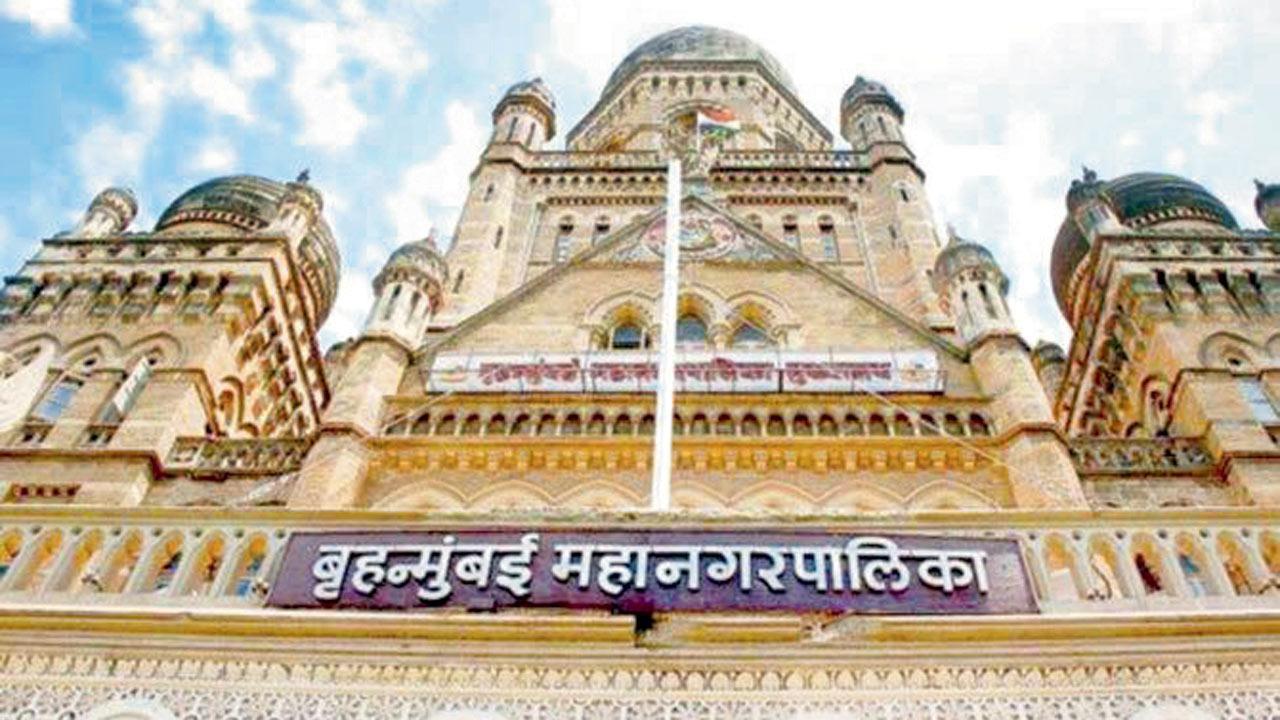As civic body prepares for budget, another reversal follows shrinking FD and meagre property tax collection

BMC had anticipated an income of Rs 28,448 crore in its budget for 2020-21 in February last year but was able to collect only about 40 per cent of it
The actual income of one of the richest civic bodies in India seems to have shrunk. The BMC has been able to collect only 20 per cent of its estimated income from its sources apart from compensation of GST till December. While BMC hasn’t distributed property tax bills yet, fixed income from water and sewerage charges has also reduced. As it has given incentives to the construction sector, development charges will not rise marginally even in the next 3 months.
ADVERTISEMENT
Even BMC's fixed deposits have shrunk for the first time in a decade. The administration had an idea of the difficult situation following the COVID-19 pandemic and had started to curtail costs from all the departments, except the coastal road and health departments. While there are still three months left for the financial year, and the BMC is going to bank on property tax, the effects will be seen next year too. The preparation by the BMC for budget (2021-22), which will be presented in the first week of February is in the final stage. All the departments had been asked to curtail requirements by at least 20 per cent against the background of revenue loss this year.
The administration had not curtailed costs of the health department and the coastal road department. Pics/Sayyed Sameer Abedi
The BMC had anticipated an income of Rs 28,448 crore in its Rs 33,434 crore budget for 2020-21 in February last year. However, it was able to collect only about 40 per cent of this revenue - Rs 11,613 crore - till the end of nine months i. e. December. Of this sum, Rs 7,339 crore has come from the grant in lieu of compensation for octroi from the state government (GST), and R1,000 crore comes from the interest on Fixed Deposits.
Income sources shrink
The income sources of the BMC have shrunk dramatically. Property tax, which is the biggest source of income, couldn’t help it in the challenging time of the pandemic as the BMC has not yet distributed the bills amid confusion over whether to waive of taxes. Till the end of December, the BMC had collected only Rs 734 crore (Of this, Rs 700 crore was pending dues) out of R6,768 crore property tax.
The Development Plan, which is another major income source for the BMC, has not helped it in the past few years. This year, the BMC managed to collect only around 18 per cent (Rs 707 crore) of the estimated Rs 3,880 crore from various permits for buildings and other infrastructure. R1,836 crore (52 per cent) was collected by the end of November, 2019.
While the water and sewerage charges collection is a fixed income source, due to COVID-19, the BMC couldn’t bank on it (Many people could not pay them). After nine months, the civic body has collected only Rs 545 crore, one-third of the anticipated amount. The BMC had collected over 50 per cent charges in 2019 by the same period.
The establishment expenditure (salaries to employees) is Rs 18,797 crore for 2020-21 and the BMC has kept aside R14,637 crore for capital expenditure (for various projects). The spending increased due to COVID-19 and the corporation has had to get an additional Rs 2,300 crore from its FDs. The deposits have shrunk for the first time in a decade. Almost all its projects have taken a hit as the money has gone into pandemic expenses and salaries.
Officials optimistic
However, BMC officials are optimistic. “The revenue will increase in the next three months, as the property tax will be collected and we even extended Abhay Yojna for the collection of water and sewerage charges,” said an officer from the BMC. Under the Abhay Yojna, the civic body waives of the penalty of 2 per cent levied on water bills if consumers pay after the due date.
P Velarasu, additional commissioner of the BMC, told mid-day, “The property tax bills have been issued. So the collection of property tax will improve. But the money from building plan proposals will shrink due to the incentives announced to the construction sector.” The state government has slashed 50 per cent premium of construction.
“The BMC is solely depending upon the compensation from the GST coming from the state government. It is going to end in 2022. But there isn’t any concrete plan to increase income sources or upgrade the existing ones. The administration and the ruling party are not in a mood to listen to the suggestions from other corporators,” said Prabhakar Shinde, group leader of the BJP. He added, that as all the income sources have shrunk, the BMC must search unconventional ways to increase the financial stability.
 Subscribe today by clicking the link and stay updated with the latest news!" Click here!
Subscribe today by clicking the link and stay updated with the latest news!" Click here!






